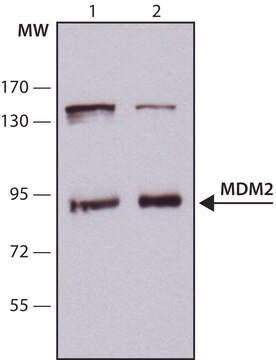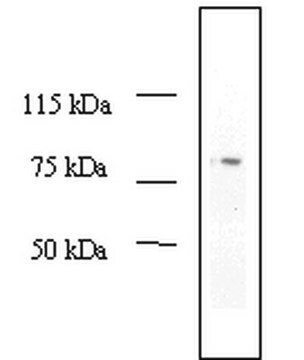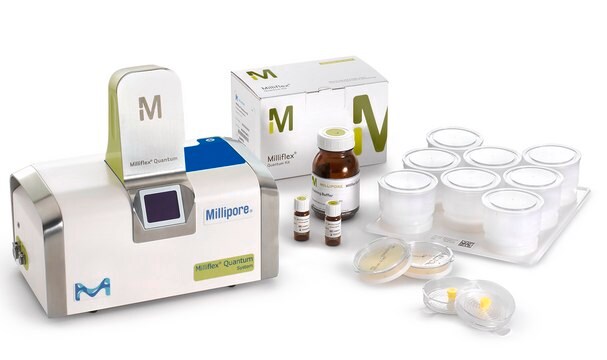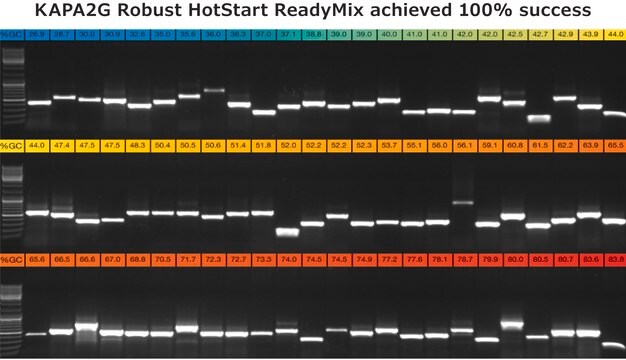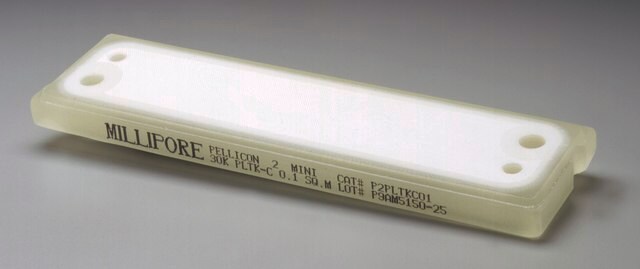OP145
Anti-MDM2 (Ab-5) Mouse mAb (4B2C1.11)
liquid, clone 4B2C1.11, Calbiochem®
Synonyme(s) :
Anti-Ubiquitin Protein Ligase, Anti-p53 Binding Protein, Ant-Murine Double Minute Chromosome-2
About This Item
Produits recommandés
Source biologique
mouse
Niveau de qualité
Forme d'anticorps
purified antibody
Type de produit anticorps
primary antibodies
Clone
4B2C1.11, monoclonal
Forme
liquid
Ne contient pas
preservative
Espèces réactives
human
Fabricant/nom de marque
Calbiochem®
Conditions de stockage
OK to freeze
avoid repeated freeze/thaw cycles
Isotype
IgG1
Conditions d'expédition
wet ice
Température de stockage
−20°C
Modification post-traductionnelle de la cible
unmodified
Informations sur le gène
human ... MDM2(4193)
Description générale
Immunogène
Application
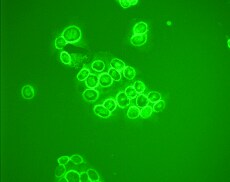
Immunoblotting (2 g/ml, chemiluminescence)
Immunofluorescence (2.5 g/ml)
Immunoprecipitation (1 g/reaction, see application references)
Paraffin Sections (2.5 g/ml, heat pre-treatment required)
Conditionnement
Avertissement
Forme physique
Reconstitution
Remarque sur l'analyse
A549 or MCF7 cells or breast carcinoma tissue
Autres remarques
Barak, Y., et al. 1993. EMBO. J.12, 461.
Ladanyi, M., et al. 1993. Cancer Res.53, 16.
Leach, F.S., et al. 1993. Cancer Res.53, 2231.
Oliner, J.D., et al. 1993. Nature362, 857.
Momand, J., et al. 1992. Cell69, 1237.
Oliner, J.D., et al. 1992. Nature358, 80.
Fakharzadeh, S.S., et al. 1991. EMBO J.10, 1565.
Informations légales
Vous ne trouvez pas le bon produit ?
Essayez notre Outil de sélection de produits.
Code de la classe de stockage
10 - Combustible liquids
Classe de danger pour l'eau (WGK)
WGK 3
Certificats d'analyse (COA)
Recherchez un Certificats d'analyse (COA) en saisissant le numéro de lot du produit. Les numéros de lot figurent sur l'étiquette du produit après les mots "Lot" ou "Batch".
Déjà en possession de ce produit ?
Retrouvez la documentation relative aux produits que vous avez récemment achetés dans la Bibliothèque de documents.
Notre équipe de scientifiques dispose d'une expérience dans tous les secteurs de la recherche, notamment en sciences de la vie, science des matériaux, synthèse chimique, chromatographie, analyse et dans de nombreux autres domaines..
Contacter notre Service technique